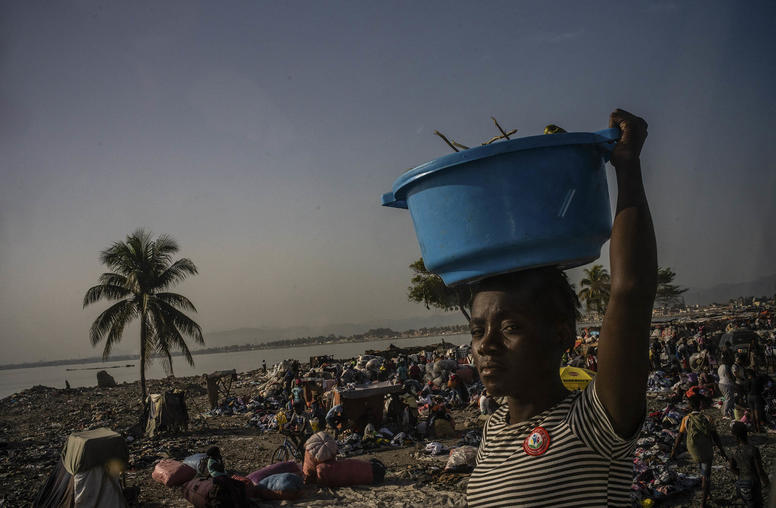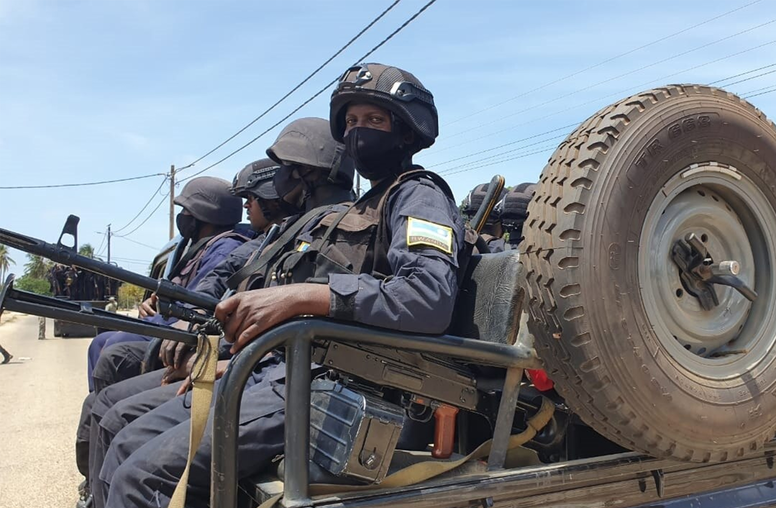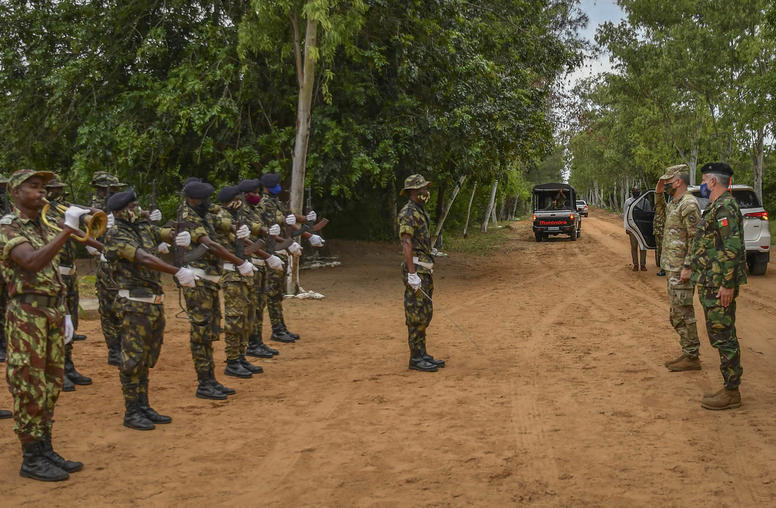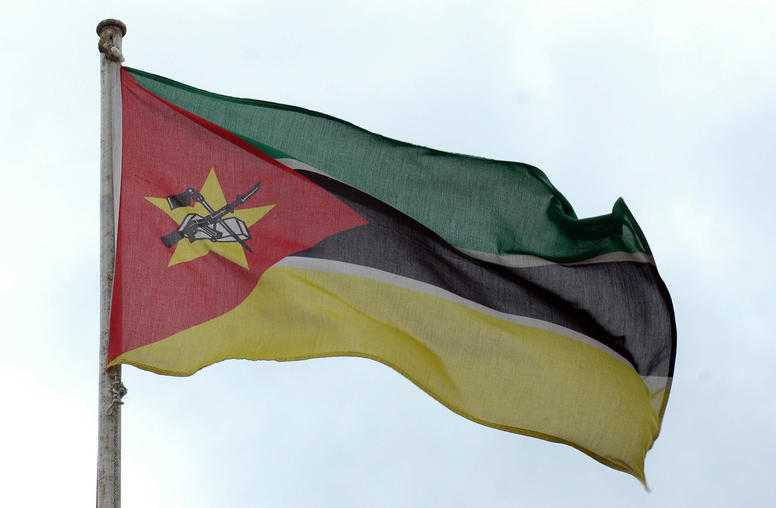New U.S. Plan to Address Conflict Could Boost Mozambique’s Gains
The country’s designation as a priority under the Global Fragility Act presents an opportunity to address deep-seated drivers of conflict.
Since 2017, an Islamist insurgency has terrorized Mozambique’s northern province of Cabo Delgado. Known locally as al-Shabaab, the group has committed heinous acts like beheadings, abducting children and destroying schools and hospitals, leading to a humanitarian disaster and over a million displaced Mozambicans. The violence has also threatened the development of natural gas fields that would strengthen the country’s suffering economy. Fortunately, the militants are now on their back foot after Mozambique’s neighbors sent troops in July 2021 to counter the ISIS-linked group. But the region’s problems are deep-seated and will require sustained engagement to stave off further violence and advance peace. Last Friday, the United States signaled it was prepared for such a commitment to Mozambique.
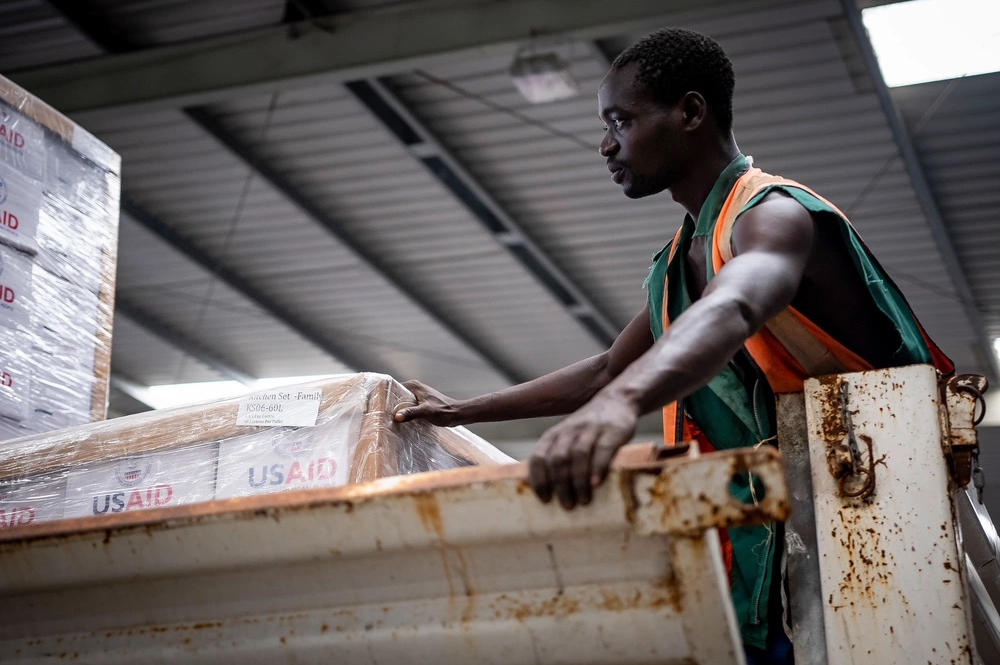
Along with Mozambique, the Department of State named Haiti, Libya, Papua New Guinea and West African coastal states as priority countries under the Global Fragility Act (GFA). Signed into law in December 2019 with broad, bipartisan congressional support, the GFA calls for a long-term, whole-of-government approach toward preventing conflict and mitigating violence. Proponents of this new approach rightly argue that the United States has overly emphasized military interventions in response to crises abroad and that civilian U.S. government agencies too often acted at cross-purposes with little coordination. Relying heavily on recommendations developed by the USIP-convened Task Force on Extremism in Fragile States, the GFA aims to reverse this trend, instead investing in the ability to prevent and mitigate violent conflict by addressing its underlying drivers.
The GFA approach is selective, with only five countries and areas named as priorities. Congress recognized that a long-term view is essential, envisioning 10-year commitments to priority countries. And while many focus on the resources attached to the GFA — over $1 billion in the first five years — buy-in from the national governments and local governing authorities is just as critical to tackling the complex issues driving fragility. GFA priority countries were selected based on three criteria: 1) U.S. national security interests; 2) the level of violence or fragility in the country; and 3) the commitment and capacity of the country and the likelihood that U.S. assistance will be impactful.
Mozambique ‘Ripe’ for the GFA Approach
While each brings their own unique set of challenges and need for focus, Mozambique in particular stands out as “ripe for the kind of approach the GFA would bring,” said Rep. Sara Jacobs (D-CA) at a December 2021 USIP-hosted event.
The al-Shabaab insurgency in Cabo Delgado has roots that go back to Mozambique’s independence in 1975. Despite its natural resource wealth, the northern province is among the country’s poorest. Corruption has run amok with local and national officials trading illicit gems, wildlife and drugs and the area has become a key corridor for global drug trafficking. The national government has failed to deal with the challenges posed by displacement attendant with the development of natural gas infrastructure. These are challenges that cannot be addressed through military approaches alone.
We have already seen how this conflict could derail the development of the robust resources off the coast of northern Mozambique. Indeed, last March, a complex attack in the northern town of Palma overwhelmed Mozambican security forces, leading France’s Total to declare force majeure related to its nearby massive liquefied natural gas project. Planning for a neighboring gas project led by ExxonMobil was similarly interrupted. Underscoring the interests of the United States, both projects have received backing from the Export-Import Bank and the U.S. International Development Finance Corporation.
In July 2021, Mozambique’s neighbors responded, deploying a Southern Africa Development Community (SADC) force, with 2,000 Rwandan troops later added, that recaptured the strategic port and delivered a military blow to the ISIS-linked force. This exceptional intervention demonstrated an unusual regional commitment to stability. In a matter of months, these forces were able to achieve what Mozambican and other forces had been unable to do in years. The improved security situation has allowed some internally displaced persons to return to their homes, while security forces have helped to ensure the passage of humanitarian aid to hard-hit communities.
But will it hold? As noted above, the insurgency in northern Mozambique is driven by many factors, including the region’s political and economic marginalization from the national government, local corruption and the displacement of local communities. If security forces leave without a plan to address these underlying conditions and some demonstration of progress in addressing them, it is likely the insurgency could see renewed support in Cabo Delgado and beyond.
Mozambique’s GFA designation could help put in place the coordinated approach needed to tackle the range of challenges afflicting Cabo Delgado and put momentum behind these security advances. The GFA designation and a bipartisan resolution making its way through Congress show that the conflict in northern Mozambique is finally getting the type of sustained, focused attention from Washington it deserves. Indeed, the congressional resolution calls for the coordinated and integrated assistance approach toward Mozambique embraced by GFA.
Now What?
Led by the State Department, U.S. government agencies like USAID, the Department of Defense and others will produce a 10-year plan for Mozambique, integrating diplomatic, development and security assistance. The planning aims to ensure a coordinated blending of the strengths and expertise of the U.S. government with the Mozambican government, international development organizations, international donors, multilateral organizations and the private sector. Indeed, these actors all have a role in forging Mozambique’s success.
For its part, the United States is the most significant contributor of humanitarian aid to Mozambique. The World Bank has targeted northern Mozambique for hundreds of millions of dollars in aid. The United States and European Union have committed to military training. These initiatives will need to be weaved together in an integrated plan that incorporates the views of Mozambican civil society so that peace can be maintained over the long haul.
As the new U.S. ambassador to Mozambique told the Senate Foreign Relations Committee last fall during his confirmation proceedings, Maputo’s natural resources could lead to a “once-in-a-generation economic transformation” for the country. As noted, France, the United States and other Western powers have companies that are invested in seeing this development take place. Vladimir Putin’s unprovoked war on Ukraine and its disruption of the energy market underscore the need for Mozambique’s resources to come online. But this must be done in a way that ensures inclusive economic growth for all Mozambicans, requiring an unprecedented level of transparency.
Significantly, the government in Mozambique — which has too long short-changed Cabo Delgado — is showing signs that it wants to constructively address the underlying conditions stoking conflict in the province, recently establishing the Integrated Development Agency for the North (ADIN) to promote economic development across the region. Maputo knows it must address these conflict drivers if it is to have a chance to transform Mozambique — one of the poorest countries in the world — from a significant assistance recipient to a self-sufficient energy exporter.
Urgency to Start the Long Haul
While the GFA rightly takes a long-term view, the time for effective U.S. assistance is now. Indeed, the United States and partners aren’t the only ones who would like to shape Mozambique’s future. As recently as November, Russia’s deputy foreign minister was in Maputo attempting to repair relations following the failure of the Wagner Group — often called Putin’s “private army” — to help Mozambican forces handle the insurgent threat in early 2020.
The violence in Mozambique has been some time in the making, and its resolution will require years of sustained peacemaking efforts led by Mozambicans, backed by international partners. Resolving the situation in Cabo Delgado will first and foremost redound to the benefit of its marginalized people and their underdeveloped region. It also will significantly advance U.S. national security interests and could help shore up the global energy market, which will be dealing with the tumult caused by Russia’s invasion of Ukraine for years to come.
For now, the worst of the violence in Cabo Delgado has subsided, but security progress must be backed by broader efforts in the short, medium and long term. The GFA should give the United States a valuable framework for engaging in this important process.
